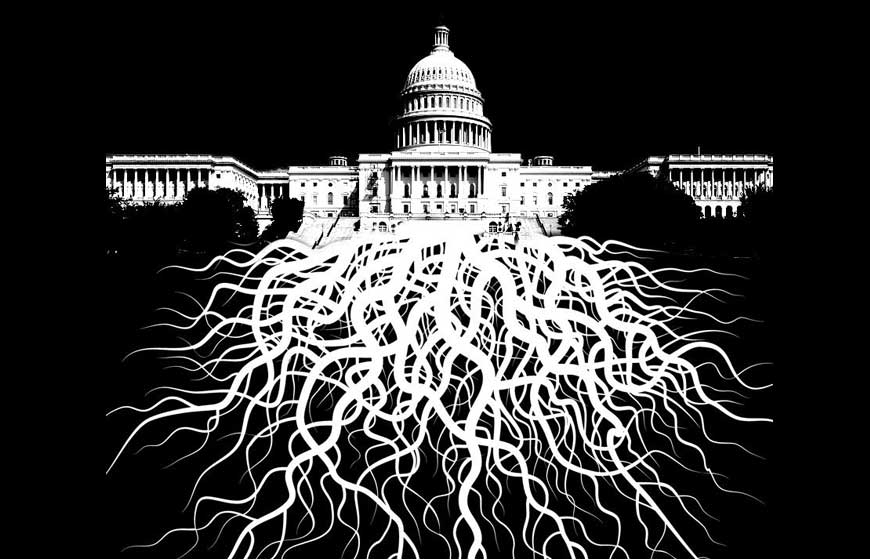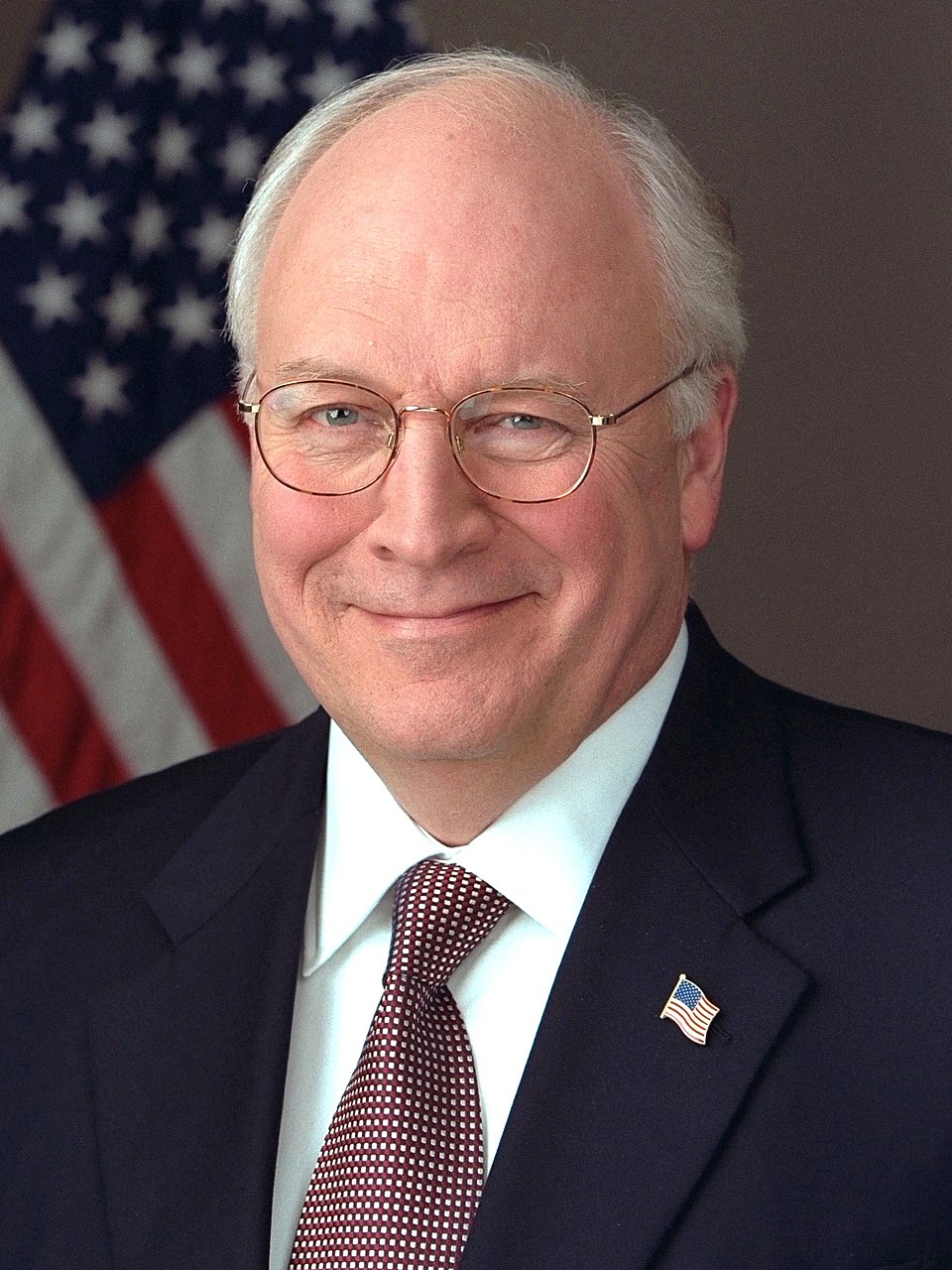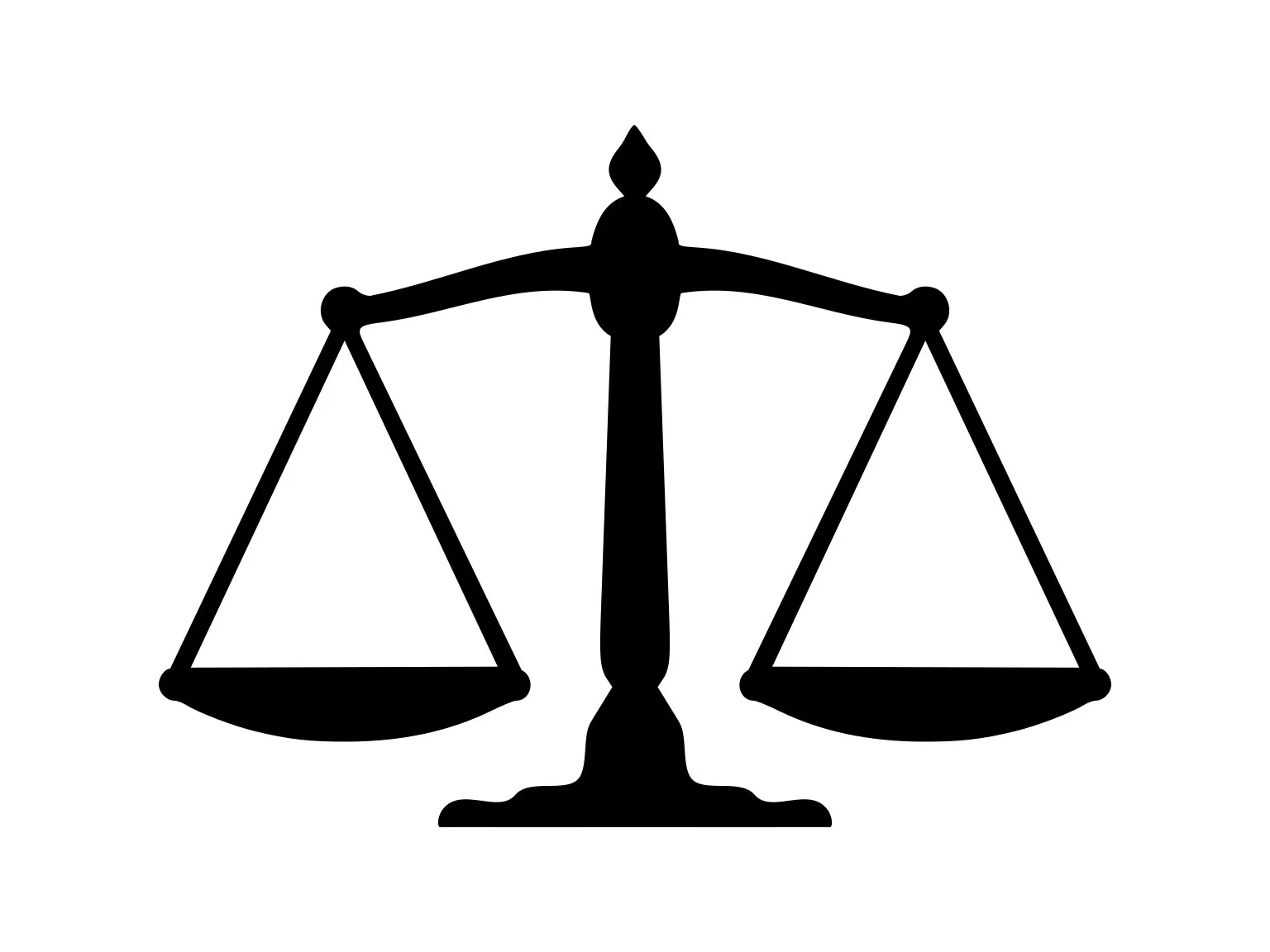Opinion: The Deep State is Real. What Does That Mean for (Sim)Democracy?

You don't need a formal conspiracy when interests converge. These people[...] have like interests; they don't need to call a meeting, they know what's good for them and they're getting it.
The 135th Presidential Election ended predictably: the ticket of long-time SimDem member Creative and incumbent President Imade won in a veritable landslide. Although a cursory glance may not raise any eyebrows (after all, both are extremely experienced, having served at all levels of government in years past), the ticket, and the election at large, brought to light a series of serious issues. In looking deeper into the issue, I aim to answer two questions: Was this inevitable? And where do we go from here?
Just two and a half weeks ago, the Call for Candidates (CFC) for the 134th Presidential Election was opened, closing with 22 candidates to be placed on the ballot. Two weeks later, the CFC for this week's election closed with half as many. Of the 11 candidates, if we exclude explicit joke candidates (such as those campaigning solely on banning the letter E or an item of clothing), those ineligible to run due to being banned, and perennial candidates (sorry Sam), we're left with only 5 candidates.
Two of them were independents who had zero support and weren't even in the Discord server (one of them even falsely claimed that former Senator Muggy was part of their non-existent party). When it comes down to it, there were only 3 candidates that had any chance; therein lies the most concerning part of this election cycle:
Advertisement
All three candidates were essentially a front for the incumbent administration.
Recall that the outgoing administration consisted of Imade as president and Tripod as vice president. Despite Imade indicating that they would seek to leave politics after a second term and providing tacit support for an announced Tripod-Creative ticket in an interview at the beginning of their second term, that clearly did not pan out.
Tripod continued to run, of course, but with Creative heading his own ticket, Tripod was resigned to running on the platform of continuing the work of the front-running VP candidate while claiming that her VP would be the front-running presidential candidate. That's certainly not an enviable position.
Lastly, there was Bakob, a USL member like Imade who had a single campaign promise: he named Imade as his VP and vowed, if elected, to resign immediately so Imade could serve a third term. The craziest part? Bakob actually moved on to the runoff stage against the Creative-Imade ticket.
To be clear, this means that the competition in the runoff was to determine whether Imade would serve a third term as president or be Creative's VP in an administration that aimed to continue and expand Imade's reforms.
Regardless of one's views on the previous administration, it is clear that this election was a distraction—Imade would remain at the highest level of government for another two weeks and their ideas would continue to guide the executive no matter who won. There was never any doubt.
There was no viable competition; how could there be? At the core of this issue is The Liberty Coalition (TLC), a coalition of the Lemon Party (LP), New People's Party (NPP), United Socialist League (USL), and the Centre (C). This coalition, based solely on role numbers, makes up nearly 60% of all party-affiliated members and has even more weight to throw around when considering the relative inactivity of SPQR and the legal sanctions on most of the QQQ (the only other major parties). They also make up half of the current Senate, whereas the remaining senators are largely either independent or unpopular with most of the electorate.
The numbers don't lie: without some sort of breakage within TLC, there is no viable opposition.
Defenders of the current arrangement have argued that this is democracy in action. "The Creative-Imade campaign won in a landslide, so people clearly wanted this. There's no conspiracy."
To that, I say:
People supported the winning ticket in droves, sure, but there was already no viable opposition to their campaign by the time the election rolled around. With most of the major parties backing a single ticket and even a field of candidates whose sole goal was to keep Imade in power, there was only the illusion of choice.
As for a conspiracy, I don't believe that TLC's goal is a shadow government that rigs elections in their favor. My reason for including the Carlin quote at the start was to highlight a similar sentiment. In Senate elections, there are many winners since there are many seats to go around; coalitions for those elections are largely proposals for governing coalitions should each party gain the numbers they need.
In presidential elections, however, there can only be one winner; coalitions here are far less strictly ideological and more strategic. To that end, each party in TLC saw the coalition as beneficial and the Creative-Imade ticket as at least "good enough," so the plan was set. In fact, I'd argue that as soon as any two of the four parties joined forces, the decision to either join in or form an opposing coalition became necessary in order for any other party to guarantee a chance that their voice would be heard in the new administration.
Advertisement
So was this inevitable? Under our current laws, yes.
To prevent another coalition like this directly would be illegal due to constitutional protections for freedom of speech and association. However, there is at least a way to prevent triple-term (and longer) administrations: term limits.
The idea is highly controversial and was especially so in the earlier days of SimDem where the same 30 or so people were expected to fill 10 executive positions, a sizable Senate, a Supreme Court and lower court seats, and make up a voting populace. In such a situation, restrictions on who could serve where and when were impractical.
Since then, our community has grown massively and there are a number of members looking for government or private jobs. We have an abundance of people who have passed the bar (all ten versions of it). There is no need to worry about whether jobs or positions can be filled; the greatest threats now are corruption and complacency.
Even if a dictator (used here very loosely to highlight the extended rule of a single person/group) is popularly elected, the power that they have over the government and the length of their rule makes those two dangers easy to come by. In this case, it is the soft power of the ruling TLC and its satellite members that makes those threats real.
For those reasons, I argue that a limit of two consecutive terms should be placed on the presidency and that anyone who serves those two terms must then wait an additional two terms before running again. This still gives each administration up to a month to make the changes they wish to see a reality while giving other candidates (even if within the same party) a shot at the highest office. Of course, in another month, they could run again and even win if there is enough demand, but this should at least prevent complacency at the executive level.
You may note that this proposal alone would not have stopped Imade from serving as Creative's VP after two terms, thereby not resolving the primary issue. That's why I also propose that, much like in the United States, anyone who is ineligible to be President should not be able to run for Vice President. This change, in conjunction with the first, should make it far more difficult for a single person or group to control SimDem politics for an extended period.
These changes may be difficult to implement, needing a constitutional amendment to guarantee their effectiveness, but that is no reason not to push for it. I welcome debate on the finer points of the plan and hope to find a solution that is amenable to all, but above all, we must put the sanctity of the free vote (and of democracy) first.
Break free from the illusion of choice and push the Senate to make change now.






